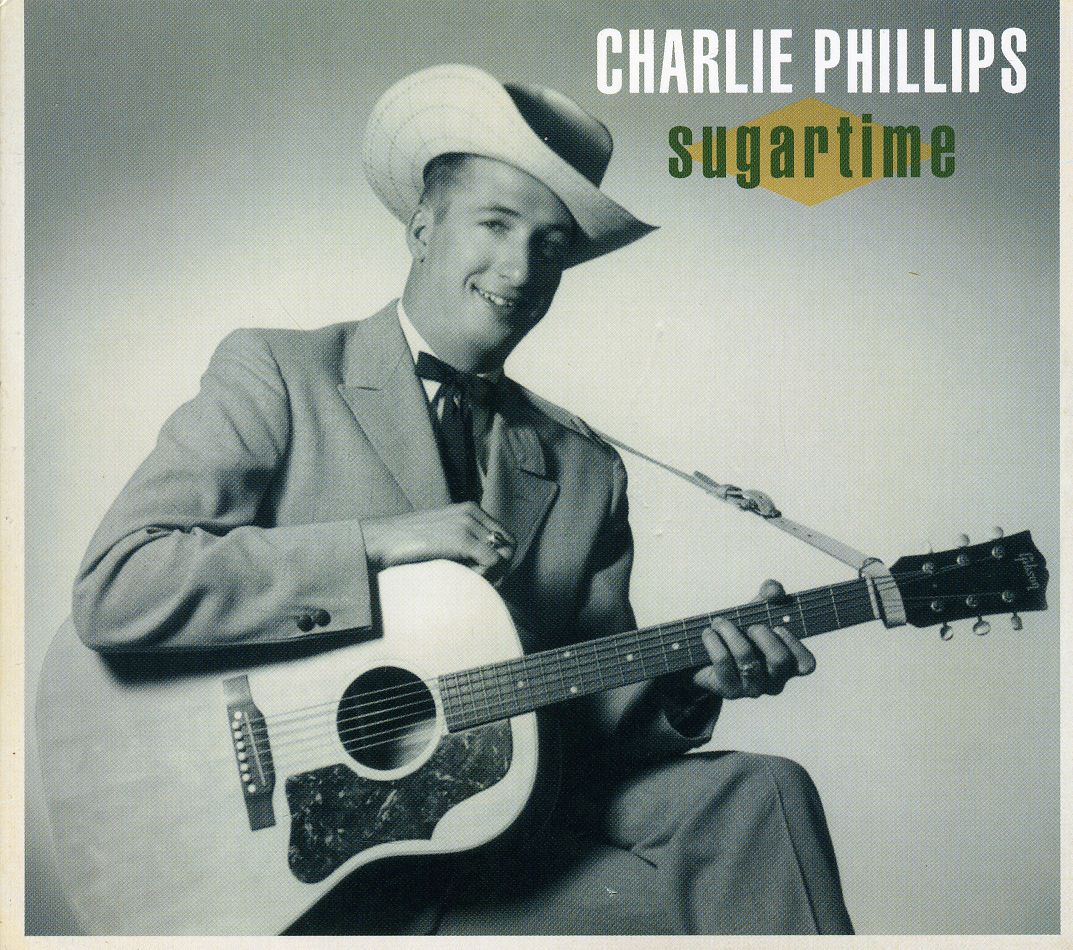
When Peter Watson was murdered in his bath by a jealous boyfriend in 1956, the art world lost one of its wealthiest, most influential patrons. This compellingly attractive man, adored by Cecil Beaton - a man who was called a legend by contemporaries, who was the subject of two scandalous novels, and who helped launch the careers of Francis Bacon, John Craxton and Lucian Freud - fell victim to a fortune-hungry lover. Elegant and hungrily sexual, Peter Watson had a taste for edgy, disreputable boyfriends. He was the unrequited love of Cecil Beaton's life, his 'queer saint', but Peter preferred the risk of edgier, less sophisticated lovers, including the beautiful, volatile, drug-addicted prostitute Denham Fouts.
Peter's thirst for adventure took him through the cabaret culture of 1930s Berlin, the demi-monde and aristocratic salons of pre-war Paris, English high society, and the glitz of Hollywood's golden age. More than just a gay playboy, Peter Watson was a renowned connoisseur, and fuelled the engine of mid-twentieth-century art with his enormous wealth. Anyone interested in contemporary art or cultural history is bound to enjoy this book.
Adrian Clark is a Cambridge-educated lawyer, writer and commentator on art and art history, who has written several books and reviews.
Jeremy Dronfield was born in Wales. After completing a doctorate in archaeology at Cambridge, he began writing fiction. His first novel, The Locust Farm, was shortlisted for the John Creasey Memorial award for debut crime fiction. He also has a parallel career as a ghostwriter and historical biographer. He is the author of the critically acclaimed Sunday Times bestseller The Boy Who Followed His Father Into Auschwitz.







